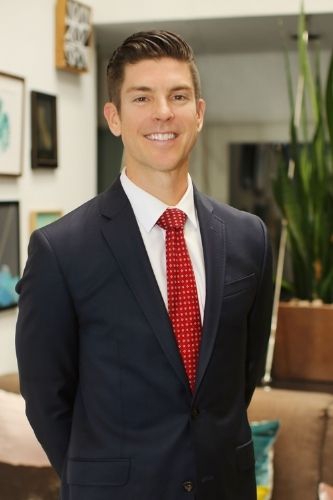![elder abuse attorney California]() The “Unusual” Suspects in Elder Abuse
The “Unusual” Suspects in Elder Abuse
Elder abuse is a growing problem in the United States, with the National Council on Aging reporting that one out of every ten senior citizens is the victim of elder abuse. Elder abuse can take on many forms: not only are physical attacks or strikes against an elderly person considered abuse but so is:
- Deliberately depriving the senior citizen of the physical necessities he or she needs – food, water, shelter, medical care, and/or prescription medications, for instance;
- Stealing money or other items belonging to the senior citizen or misappropriating assets belonging to the senior citizen;
- Scamming the senior citizen in such a way that the senior citizen believes he or she is paying for a good or service but either does not receive the promised good or service or receives a different, inferior good or service.
Elder abuse preys upon the vulnerability of older Americans who may not have the physical and/or mental faculties to detect that they are being abused and/or to protect their interests. Who are the most likely individuals to perpetrate such acts upon the elderly? It might not be who you think.
Family Members and “Trusted Friends”
A large number of elder abuse incidents are perpetrated by the very people the senior citizen expects to protect him or her: family members and friends. It can be tempting for these people to commit acts of elder abuse because (1) the person usually has access to the older individual at all hours of the day and night; (2) the person is more intimately familiar with the limitations and challenges the senior citizen faces; and (3) the senior citizen is less likely to report elder abuse because of shame or embarrassment at being taken advantage of by someone so close.
Caretakers
Similarly, because a senior citizen’s part-time or full-time caretaker has regular and (often) unrestricted and unmonitored access to a senior citizen, the caretaker can often be the perpetrator of elder abuse against the senior citizen. What is more, because caretakers are often hired to care for senior citizens when the family does not have the time or knowledge to care for them themselves, caretakers are often given deference and the benefit of the doubt by the family that hired them even when the senior citizen complains of abuse.
Individuals Posing as “Officials”
Senior citizens may trust a person who arrives at their front door claiming to be from the gas department or a person who calls claiming to be from the Internal Revenue Service without properly vetting the person. Asking the person to display his or her badge ID card or asking him or her to recite his or her employee ID number may not be sufficient to disclose whether the person appearing at their door or calling on their phone is a fraud.
Education and active participation are the best ways for you and your loved one to remain safe and defeat elder abuse. If you suspect your loved one has been the victim of elder abuse or neglect or of a financial scam, contact our dedicated Costa Mesa personal injury attorney team at Case Barnett Law by calling (949) 861-2990 or by completing the firm’s online contact form and seek immediate legal help. You and/or your loved one may be entitled to compensation.

 The “Unusual” Suspects in Elder Abuse
The “Unusual” Suspects in Elder Abuse